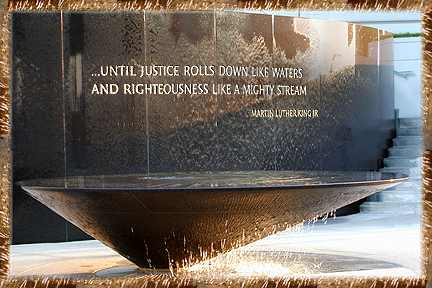4. Should we sequence everybody’s DNA at birth and keep the information in a database? If so, who should have access to that information? Discuss some of the ethical implications that have arisen about how it could be used?
If a national database of DNA was created it could help the justice system immensely, it could be more readily available and more reliable than the current fingerprinting system. In addition, unlike fingerprints, DNA can last decades when other evidence has disappeared with time, allowing the justice department to go back and re-examine cases from previous decades. However it is debated if environmental conditions such as sunlight, chemicals or human tampering could alter the DNA sample in any way. There is already a system in place, in many parts of the world that keeps DNA samples from all offenders and criminals. As of June 2007, CODIS (the USA database) has produced over 49,400 matches to requests assisting in over 50,343 investigations. Most people are alright with the government having a copy of ex-cons’ DNA, but they are often not ok with the government having a DNA sample of the average American Joe, their own children or themselves; locked up in a database. Who would be looking at it? What would it be used for? How dare they ask for my DNA, I haven’t done anything wrong! For the average Joe, the government would probably never even look at their samples. And people, who don’t plan on robbing a bank or committing murder, should have nothing to worry about and nothing to hide. The people who would look at the database would most likely be FBI agents, justice department officials, and anti terrorist organizations. Security would be around the clock in such a facility housing the DNA and most of the data would be in digital files once it is collected.
While there might be many uses to this database, it is unlikely that it will easily be created. Many people have moral and ethical issues with it, and there are privacy concerns as well. There is a possibility that the collectors of DNA or the people who have access to the database could intentionally tamper with the information for private gain, spite or racism. In addition those against argue that such a database would probably require a large investment of time and money to the massive task of collecting every single person's DNA. While the majority of people do support the creation of such a system or something like it, often the people who are against speak the loudest, and much of the media coverage on such a controversial subject can make many more people afraid of such an advancement than need be. It is hard to imagine such a database passing through this country with ease, when many people have huge problems with shaky ethical sciences like stem cell research. But a database (for offenders only) is already in place or on the way in the UK, Australia, and in some places in the US. The US has the largest DNA database in the world with over 5 million records as of 2007. And the growing popularity of databases
When Britain was first developing their system for a national database, one website posted; “It would be damaging to the image of the UK - 'Welcome to Britain: now provide a mouth swab'.” This type of odd and often intrusive effects that such a database might create, are often unsettling to people when they imagine what our world would be like with this technological advancement.
In spite of the weird feelings of having your DNA taken where ever you go, and the small feelings of uncertainty about what the government will actually use your sample for, I think that the benefits of having such a database largely outweigh the few uncertainties that come with it. I think the claim that the maintaining and creation of a DNA database would be outrageously expensive is incorrect. Governments already have massive national systems in place that require a large amount of money and bureaucracy like Social Security, and the current fingerprinting system. With the technology already in existence and the need and uses clear, it is time we overcome our fears of slip ups and misuse and contribute our DNA samples to this database for the greater good.
El Fin
16 years ago



No comments:
Post a Comment